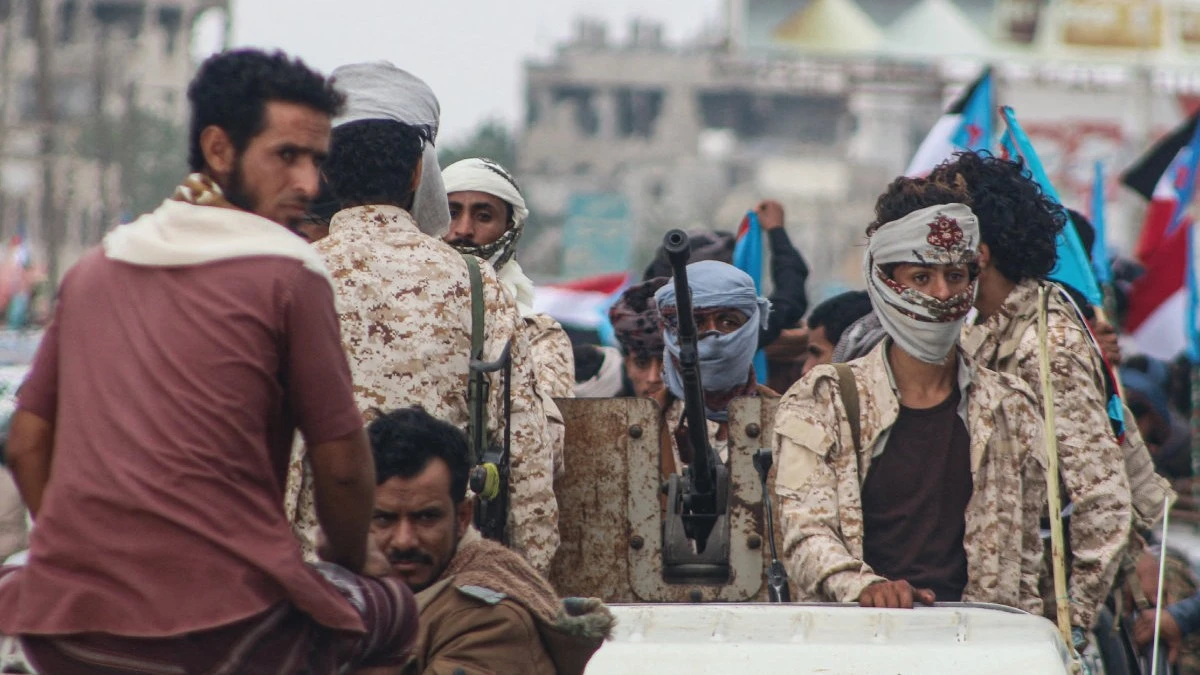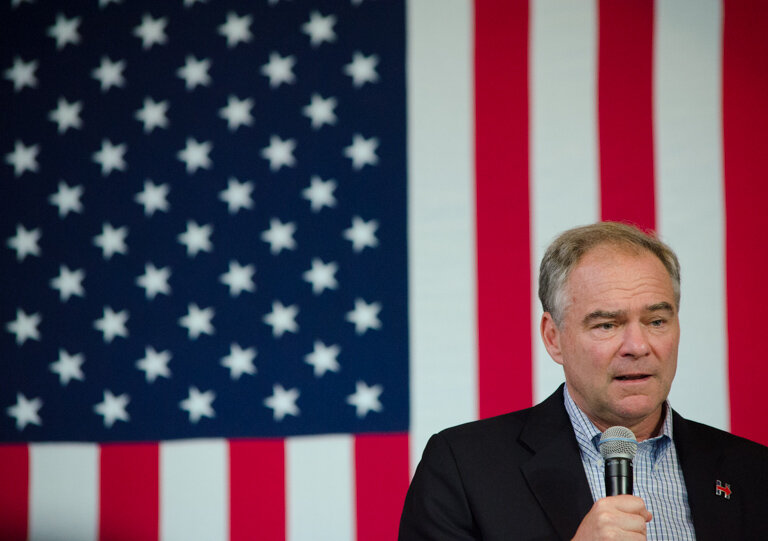With a series of missiles and warplanes, India has struck “terrorist targets” inside Pakistan’s Punjab state, and Pakistan-administered Kashmir, killing 26.
Occurring at nine separate locations early Wednesday morning local time, Pakistan’s Prime Minister Shehbaz Sharif described the strikes as “an act of war” and Islamabad has vowed to retaliate.
The two nuclear-armed nations have been engaged in tit-for-tat shelling, journalists on the ground have reported, since a terrorist attack also killed 26 at the popular tourist destination of Pahalgam in April, but the latest strikes are a major escalation, as well as the deepest that Indian forces have ever managed to carry out inside Pakistan.
Pakistani officials said that 5 of India’s aircraft were shot down, and through photo and video evidence, it seems clear that at least one was lost, CNN reports, though Indian outlets are saying that jet crashed a year ago.
Pakistan in response launched missiles into Indian-administered Kashmir, though the details are hotly disputed and difficult to verify, with Pakistan claiming that an Indian brigade headquarters was destroyed.
Both country’s defense officials acknowledged the strikes, which brought much of the region’s air traffic to a standstill, particularly for Lahore and Karachi, where arrivals were suspended for 8 hours. The Indian side said that the bombings targeted Lashkar-e-Tayyiba and Jaish-e-Mohammed, two Islamic insurgencies that have fought Indian security forces inside Kashmir for decades.
“No Pakistani military facilities have been targeted. India has demonstrated considerable restraint in selection of targets and method of execution,” the Indian Defense Ministry said in a statement.
The Pakistani National Security Committee said the “unjustified attacks deliberately targeted the civilian areas, on the false pretext of presence of imaginary terrorist camps,” and caused “grave danger to commercial airlines”.
“The responsibility for ensuing consequences shall lie squarely with India,” it said, yet another instance of Pakistan vowing a response. Pakistani news outlet Geo News reports that the United Nations Sec. Council has told the government they have a right to respond.
Scope of escalation
India and Pakistan have been involved in multiple wars over Kashmir, with the largest occurring in 1971. During the partition of the countries under British colonial rule, Kashmir was divided between the two, an act which sowed the seeds of conflict for generations as the Muslim-residents in Indian-administered Kashmir desired control of the whole province be transferred to Pakistan, or be made independent.
This desire manifested in several insurgencies that killed tens of thousands of civilians, Indian security personnel, and international tourists. In 2019, Prime Minister Narendra Modi revoked Indian-administered Kashmir’s autonomy and brought control of the area directly under New Delhi before pumping millions into tourism-boosting initiatives aimed at convincing both countries and the world that the status quo was fixed, and that making a living off the tourism boom would be preferable to terrorism.
The Pahalgam attack shattered that notion, leaving the region with a bleak future yet again.
“Pakistan‘s response is sure to come. The challenge would be to manage the next level of escalation. This is where crisis diplomacy will matter,” Ajay Bisaria, former high commissioner of India to Pakistan, told CNN. To that end, Qatari Prime Minister, Sheikh Mohammed bin Abdulrahman bin Jassim Al Thani, who is also the nation’s Foreign Minister, has offered to intervene and manage immediate dialogue between the two South Asian countries.
The International Campaign to Abolish Nuclear Weapons says it is “gravely concerned” at the escalation of fighting. Each nation is believed to possess somewhere in the neighborhood of 170 nuclear warheads.
“A nuclear exchange between India and Pakistan would cause millions of immediate deaths in the region and have global consequences,” said Melissa Parke, executive director of the Campaign and the 2017 Nobel Peace Prize winner.
“As long as we see these casualties being confined to Kashmir, and we don’t see attacks on military installations on either side, there’s still hope that the conflict will remain relatively contained,” said Chietigj Bajpaee, senior research fellow for South Asia at Chatham House, the UK’s premier national security think tank.
Antiwar reports that Indian officials said they “briefed” US Secretary of State Marco Rubio about the attack. Pakistani sources also reported that Rubio spoke with Pakistan’s national security advisor, which suggests that both sides are prepared to be restrained in their actions.
However, Bajpaee, who has seen multiple such conflicts unfold, say that today’s situation is, if not fundamentally different, different enough to hesitate using past experiences as a guide. Both nations have “a more assertive military posture” and “hyper-nationalist foreign policies” now than in 2016 and 2019 when India launched similar targeted bombings. WaL
We Humbly Ask For Your Support—Follow the link here to see all the ways, monetary and non-monetary.



